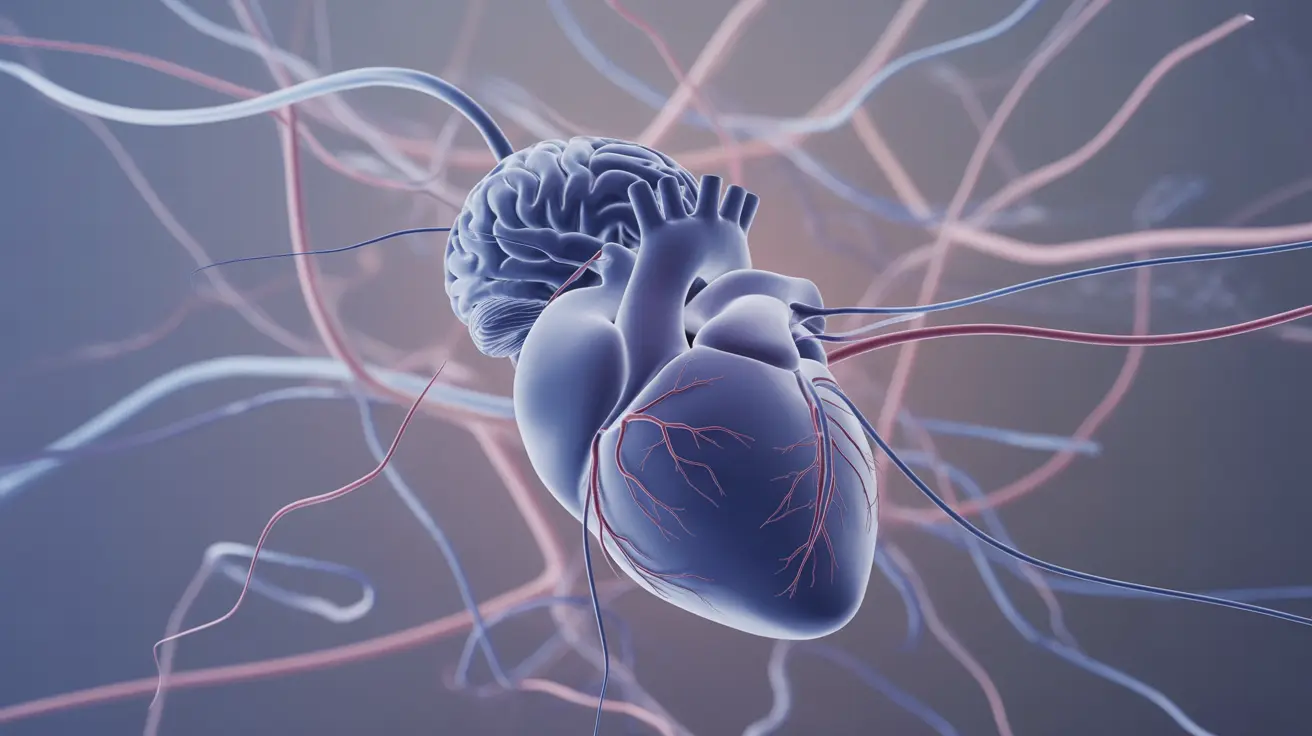Erectile dysfunction (ED) can be deeply rooted in psychological factors, affecting men's sexual health and overall well-being. While many assume ED is primarily physical, psychological causes often play a significant role in sexual performance difficulties. Understanding these mental and emotional factors is crucial for effective treatment and recovery.
This comprehensive guide explores the various psychological causes of erectile dysfunction, their impacts, and available treatment options. By addressing these underlying mental health factors, many men can find relief and restore their sexual confidence.
The Mind-Body Connection in Erectile Function
The relationship between psychological well-being and sexual function is intricate and multifaceted. Mental health directly influences the complex neurological and hormonal processes necessary for achieving and maintaining an erection. When psychological stressors interfere with these processes, erectile difficulties can occur even in physically healthy individuals.
Common Psychological Causes of ED
Stress and Anxiety
Chronic stress and anxiety can significantly impact sexual performance by triggering the body's fight-or-flight response. This psychological state can interrupt the natural arousal process and make it difficult to achieve or maintain an erection. Work-related stress, financial concerns, and general life pressures can all contribute to this condition.
Depression and Mental Health Issues
Depression often leads to decreased libido and erectile difficulties. The condition can affect both sexual desire and physical response, creating a challenging cycle that may require professional intervention. Additionally, some antidepressant medications can contribute to erectile dysfunction as a side effect.
Performance Anxiety
Fear of sexual failure or concerns about pleasing a partner can create a self-fulfilling prophecy. This anxiety can trigger a stress response that interferes with normal sexual function, leading to continued difficulties and increased anxiety about future sexual encounters.
Relationship Problems
Unresolved conflicts, communication issues, and lack of emotional intimacy with a partner can manifest as erectile difficulties. These relationship challenges can create psychological barriers that affect sexual performance and satisfaction.
Treatment Approaches for Psychological ED
Therapeutic Interventions
Professional counseling and therapy can effectively address psychological causes of ED. Cognitive-behavioral therapy (CBT) helps identify and modify negative thought patterns, while sex therapy can provide specific strategies for managing sexual anxiety and improving communication with partners.
Stress Management Techniques
Learning effective stress management strategies can significantly improve erectile function. These may include:
- Mindfulness and meditation practices
- Regular exercise and physical activity
- Breathing exercises and relaxation techniques
- Healthy sleep habits
- Time management and work-life balance strategies
Relationship Counseling
Couples therapy can help address relationship issues contributing to ED. This approach focuses on improving communication, rebuilding intimacy, and developing a supportive environment for sexual healing.
Frequently Asked Questions
What are the common psychological causes of erectile dysfunction, and how do they affect sexual performance? Psychological causes of ED primarily include stress, anxiety, depression, and relationship issues. These factors can interfere with normal arousal processes by triggering stress responses and hormonal changes that inhibit erectile function.
How can stress and anxiety contribute to erectile dysfunction, and what are some effective coping strategies? Stress and anxiety activate the body's fight-or-flight response, which can inhibit sexual response. Effective coping strategies include regular exercise, mindfulness practices, therapy, and establishing healthy sleep patterns.
What role does depression play in causing or exacerbating erectile dysfunction, and what treatments might help? Depression can reduce libido and interfere with sexual response through both psychological and physiological mechanisms. Treatment typically involves a combination of therapy, potentially medication, and lifestyle changes to address both conditions simultaneously.
What are some therapeutic approaches for addressing performance anxiety and other psychological factors associated with ED? Cognitive-behavioral therapy, sex therapy, and mindfulness-based approaches can help address performance anxiety. These treatments focus on breaking negative thought patterns and developing healthy coping mechanisms.
How can relationship issues impact erectile dysfunction, and what counseling options are available to address these problems? Relationship difficulties can create emotional barriers that manifest as erectile dysfunction. Couples counseling, sex therapy, and individual therapy can help partners improve communication, rebuild trust, and address underlying relationship concerns affecting sexual function.




